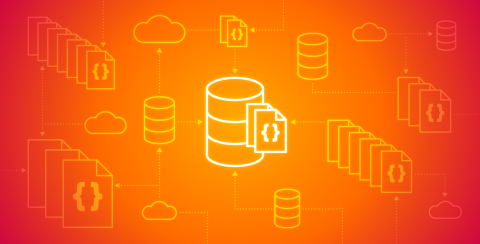Key metrics for Amazon EKS monitoring
Amazon Elastic Container Service for Kubernetes, or Amazon EKS, is a hosted Kubernetes platform that is managed by AWS. Put another way, EKS is Kubernetes-as-a-service, with AWS hosting and managing the infrastructure needed to make your cluster highly available across multiple availability zones. EKS is distinct from Amazon Elastic Container Service (ECS), which is Amazon’s proprietary container orchestration service for running and managing Docker containers.











